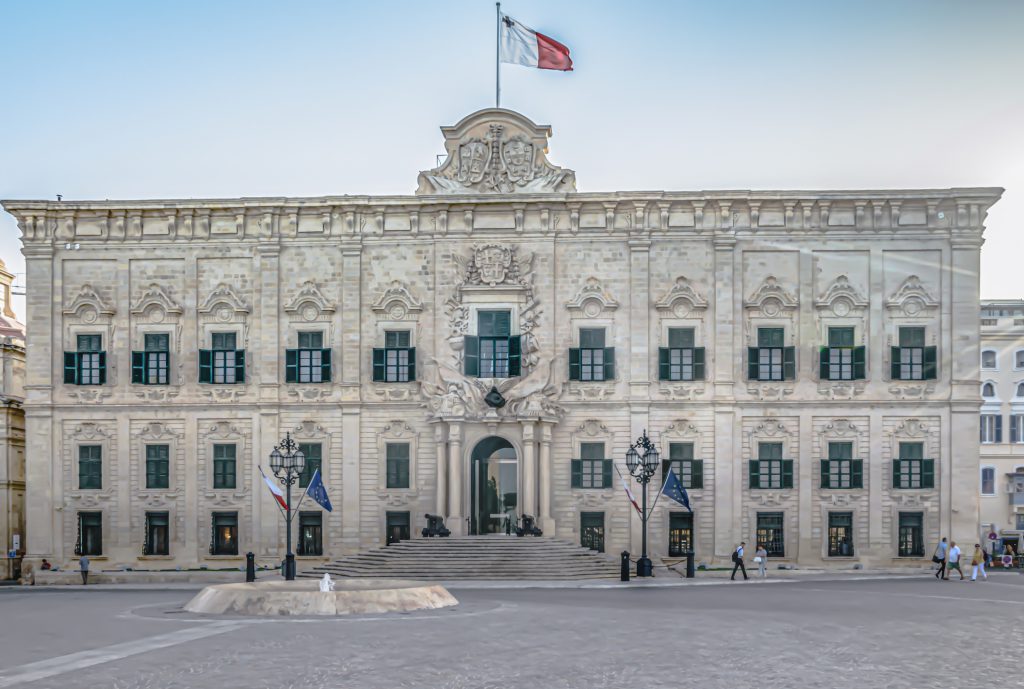A European Commission-sized cabinet: Is it really necessary?

Prime Minister Robert Abela’s recent cabinet reshuffle has raised questions on the rationale behind the decision to enlarge an already substantial executive team. The Maltese cabinet, now comprised of 27 members, including the Prime Minister himself, mirrors the size of the European Commission. Whereas the former is responsible for running a State with a population of half a million, the latter oversees a union of 450 million. The bloated cabinet raises concerns about the efficiency, cost-effectiveness, and overall effectiveness.
One of the primary concerns is the financial burden it places on taxpayers. With each additional minister comes added expenses for salaries, perks, and administrative support. The question arises: are we truly getting better governance by increasing the size of the cabinet or is the move also intended to quell dissent in the run up to the European elections? As the government spends more on maintaining a larger team, it becomes crucial to evaluate whether the benefits justify the costs.
Moreover, the constant changes in portfolio nomenclature seem more cosmetic than substantive. This lack of stability in the structure of ministries creates administrative challenges and unnecessary red tape. It is high time for the government to consider reaching an agreement on core ministries and their titles to bring about uniformity and coherence. The haphazard combination of portfolios, such as the merging of health and energy in the past, and now Gozo and planning, raises questions about the strategic vision behind these decisions.
Any reputable government should be a model of stability and consistency, and frequent changes in ministries hinder progress. Constant shifts in nomenclature and portfolio combinations suggest a lack of a coherent long-term plan. Any organization, including the government, that undergoes continuous changes struggles to move forward effectively. The recent reshuffle has once again emphasized the need for a more structured approach to governance.
While it is within the Prime Minister’s prerogative to form an executive team, there should be basic considerations to ensure good governance. The focus should be on creating a cohesive and stable government structure that fosters efficiency and transparency.
The recent cabinet reshuffle, resulting in an enlarged executive team, prompts serious reflection on the principles of good governance. Government should consider the financial implications, administrative challenges, and the need for stability to lead the country forward effectively. A more thoughtful and strategic approach to cabinet composition and portfolio management is essential for the prosperity and progress of the country.
